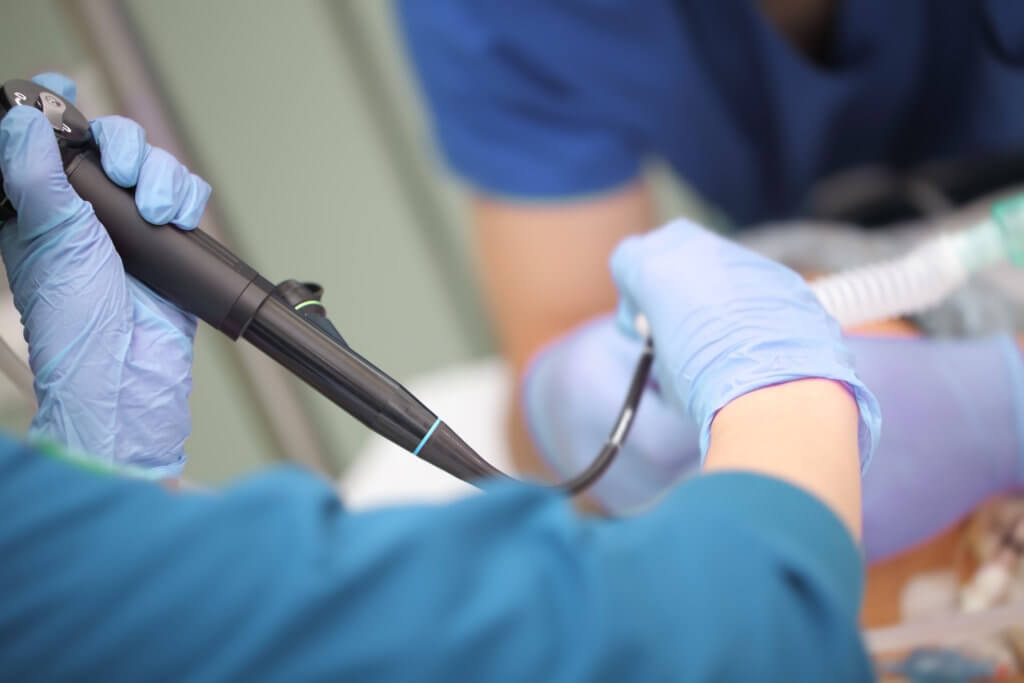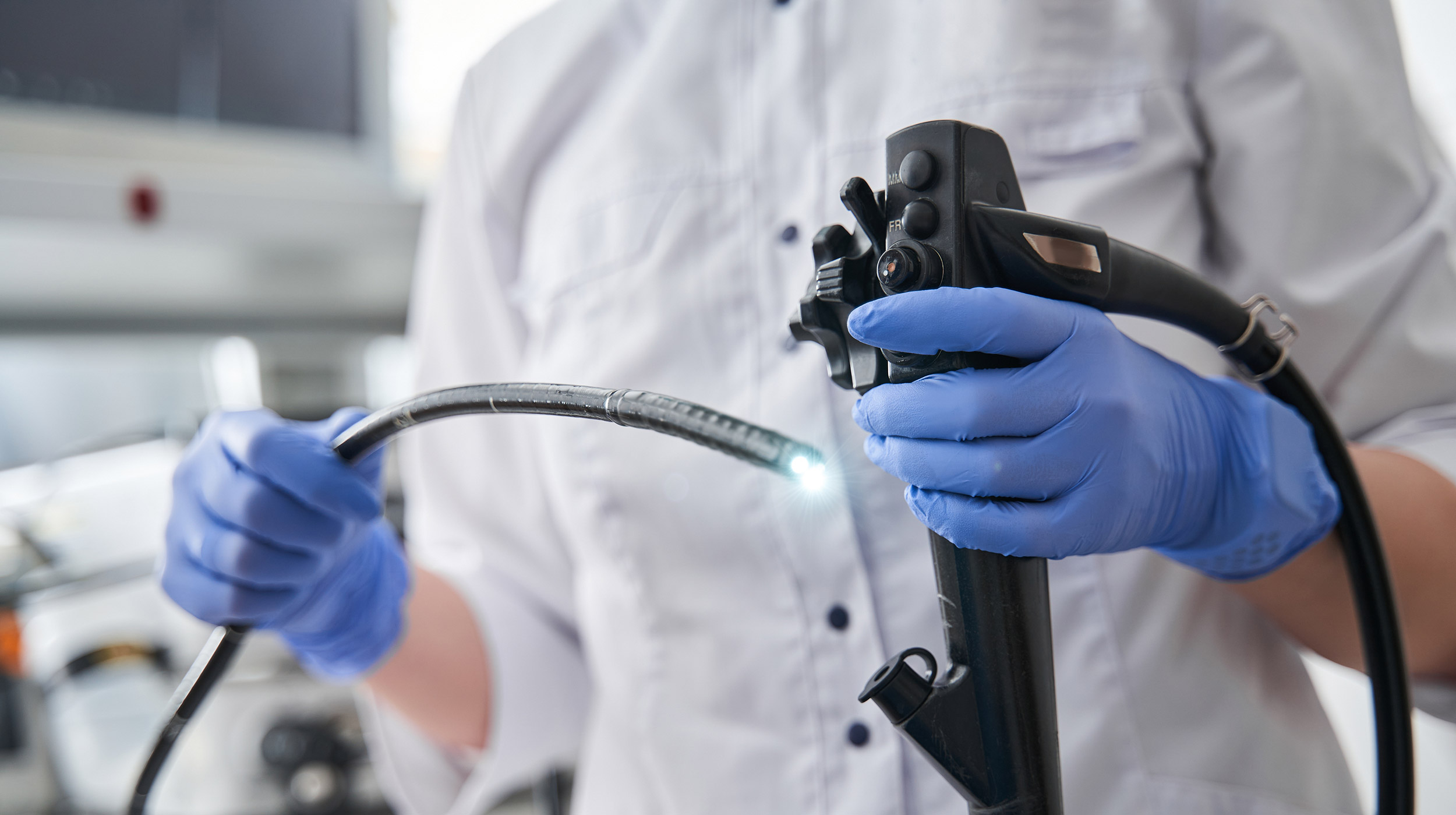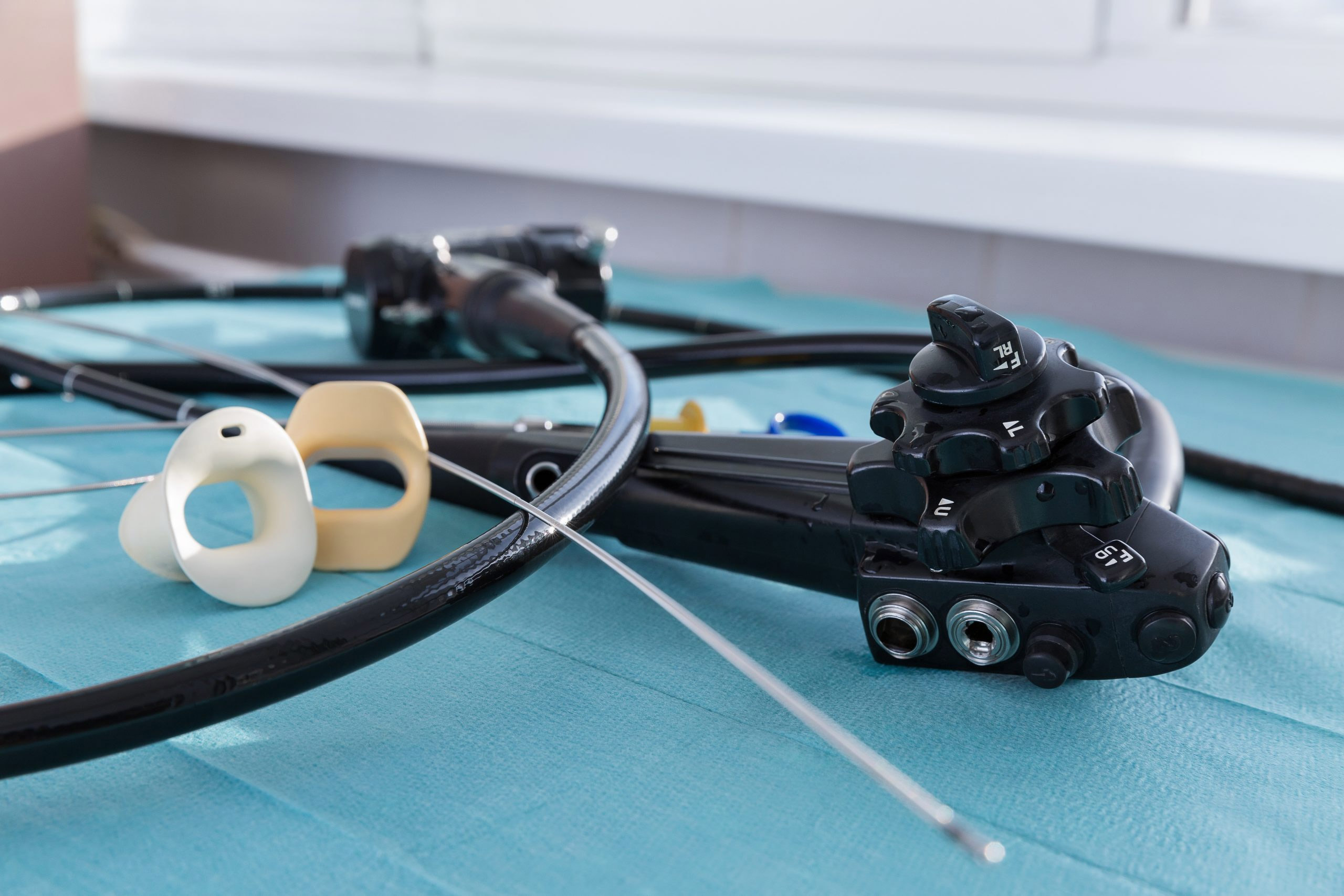
Advanced practice providers are submitting a growing proportion of urology procedural claims, according to an analysis of public and private health insurance data.
The analysis was published in the research journal Urology and is significant because of workforce changes it may signal in urologic care going forward.
Researchers at the University of Chicago analyzed Medicare summary and commercial health insurance claims over a decade (2010 to 2020) to calculate both the number and proportion of urology procedures performed by APPs, healthcare professionals who undergo specialized education, training, and certification to provide services such as medical diagnosis and treatment.
APPs include physician assistants (PAs), nurse practitioners (NPs), certified registered nurse anesthetists (CRNAs), and certified nurse midwives (CNMs) and are considered “clinically flexible” in times of crisis, such as the healthcare staffing shortages seen during the COVID-19 global pandemic.
The researchers lumped the procedures into five groups: cancer procedures, cystoscopy procedures, imaging procedures, urgent procedures, and voiding dysfunction. They found that the proportion of procedural claims submissions from APPs increased slightly for both Medicare and commercial insurance: 2 percent and 1 percent, respectively.
The proportion of voiding dysfunction procedural claims submitted by APPs increased 12 percent (Medicare) and 4 percent (commercial), while the proportion of urgent procedures claims climbed 8 percent and 5 percent. APPs submitted an increasing proportion of Medicare and commercial urology claims for cancer and cystoscopy procedures, as well.
APPs consistently submitted a larger proportion of Medicare claims than those submitted to private insurers, according to the analysis.
“Stakeholders need to be aware of these changes in the urologic workforce to maintain the standard of care across urology,” the researchers write.
There’s a projected shortage of 65,000 physicians anticipated by 2025, casting a spotlight on the evolving role APPs can play in successful urology practices.
By hiring an advanced practicing provider, urology practices can better meet their patients' evolving needs, according to ModMed, a blog from healthcare tech company Modernizing Medicine. Standards of care, however, must remain high as APP roles grow more significant in an evolving urology workforce.


